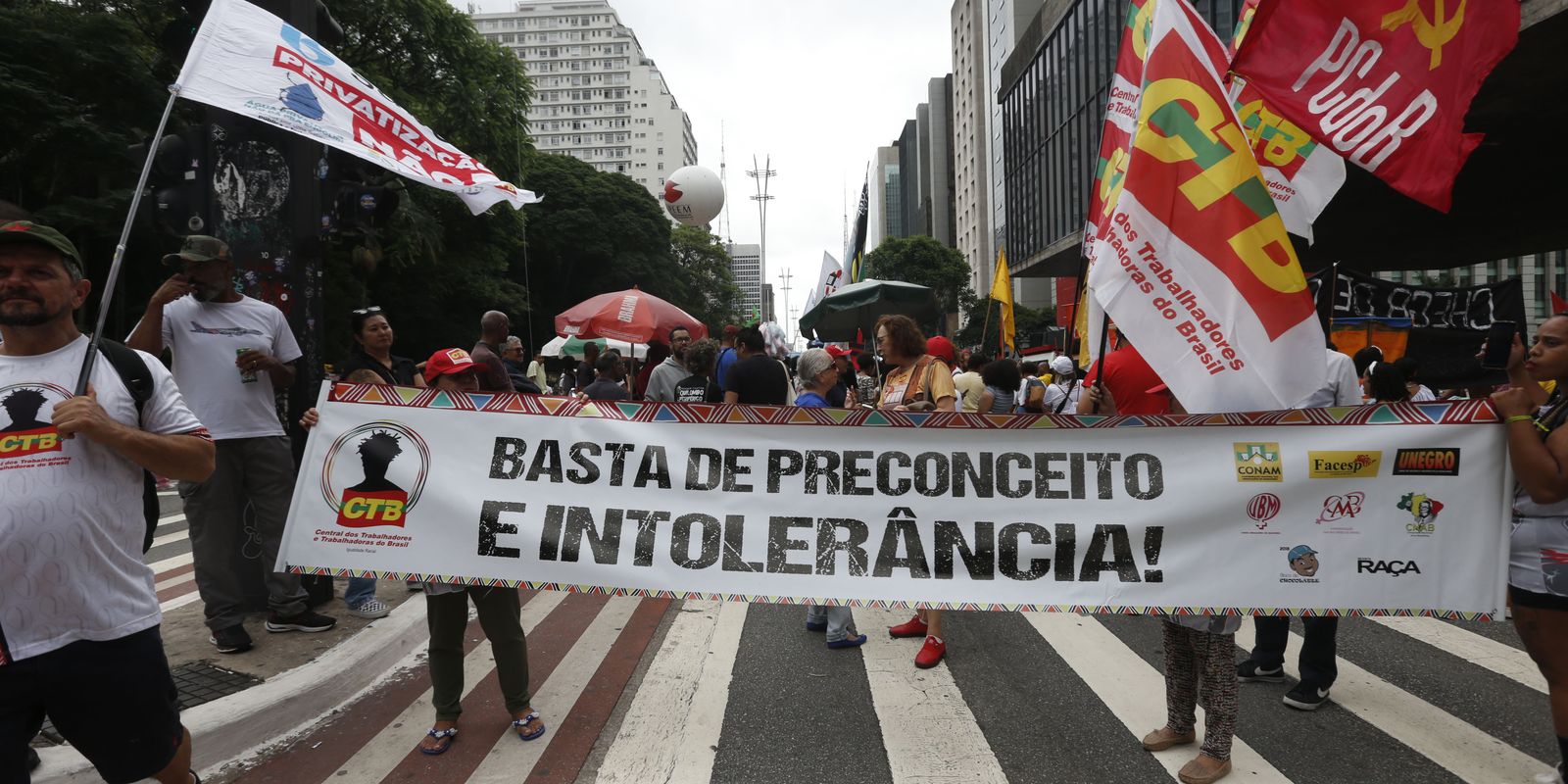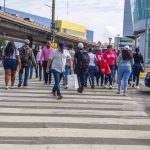On September 7, 1822, Brazil was officially born as an independent nation. But who can truly say that they are free and autonomous from then on? The political rupture was not accompanied by more profound social transformations. That is why researchers still speak today of exclusionary legacies for some groups, such as the black population. The topic was discussed at the event Unfinished Independencepromoted by the Brazilian Society for the Advancement of Science (SBPC), at the table The Genocide of the Black Population of Brazil.
One of the debaters, Luiz Eduardo Soares, anthropologist and former national secretary of Public Security, highlighted the role that the State has historically played in perpetuating violence against black people.
“Why do we talk about genocide? Because we are talking about a segment of the population to which this process of violence is directed. It is concentrated and produces victims among the poorest and the black population. And that is why the investigation rates are very low. And that is when they are even known! The precariousness, the urgency with which all this is faced, should torment any democratic and liberal conscience”, highlighted the anthropologist.
The global president of the Central Única das Favelas (CUFA), Preto Zezé, reinforced the structural issue of racism and oppression against black people, “and that, precisely because of the temporal dimension of the problem, it is necessary to organize a long-term collective struggle.
“We are talking about a country whose foundation and existence were marked by almost 400 years of slavery. These consequences are very present in our daily lives. And we need to make some strategic moves to overcome this process. It is a very long process, which manifests itself in our daily lives, and we have to act together. First of all, we need to have the idea that this agenda belongs to the whole society and not just to the black movements, because sometimes it seems that the problem is only ours and we have to face everything alone. That way, things don’t happen,” argued Preto Zezé.
For the president of SBPC, Renato Janine Ribeiro, Brazil has difficulty dealing with memory. Therefore, according to him, it is important to constantly encourage reflection on important themes from the past, especially those that remain strong and influential in the present.
“There is an illusion that the past does not determine us and that we do not need to settle accounts with the colonial and slave-owning past. They are not light and foolish weights. They are very strong and they are watching us. We have a society that needs to resolve these issues. Hence the importance of memory policies. And a series of concrete measures are necessary on our horizon that point towards equal rights,” said the president of the SBPC.
















